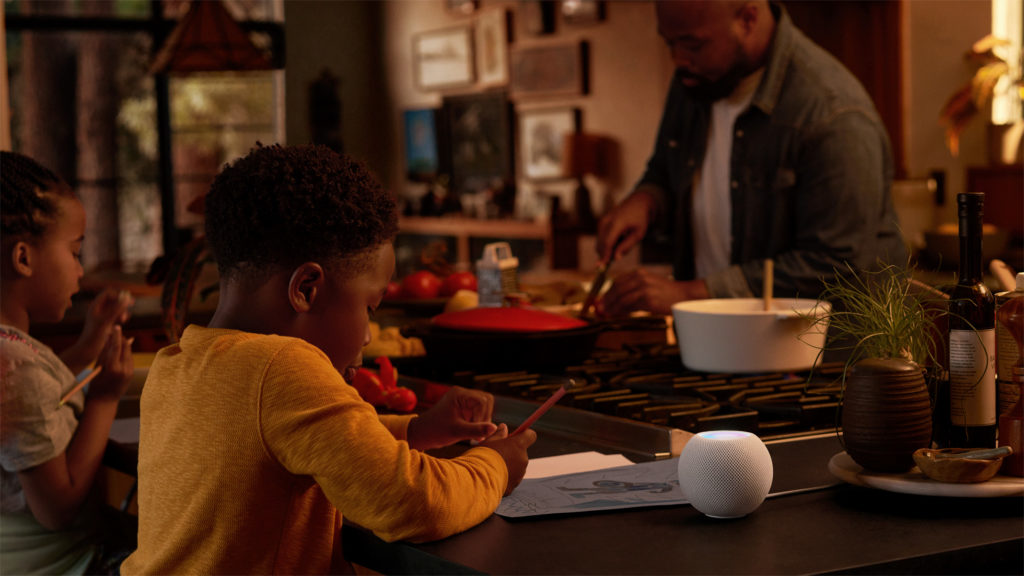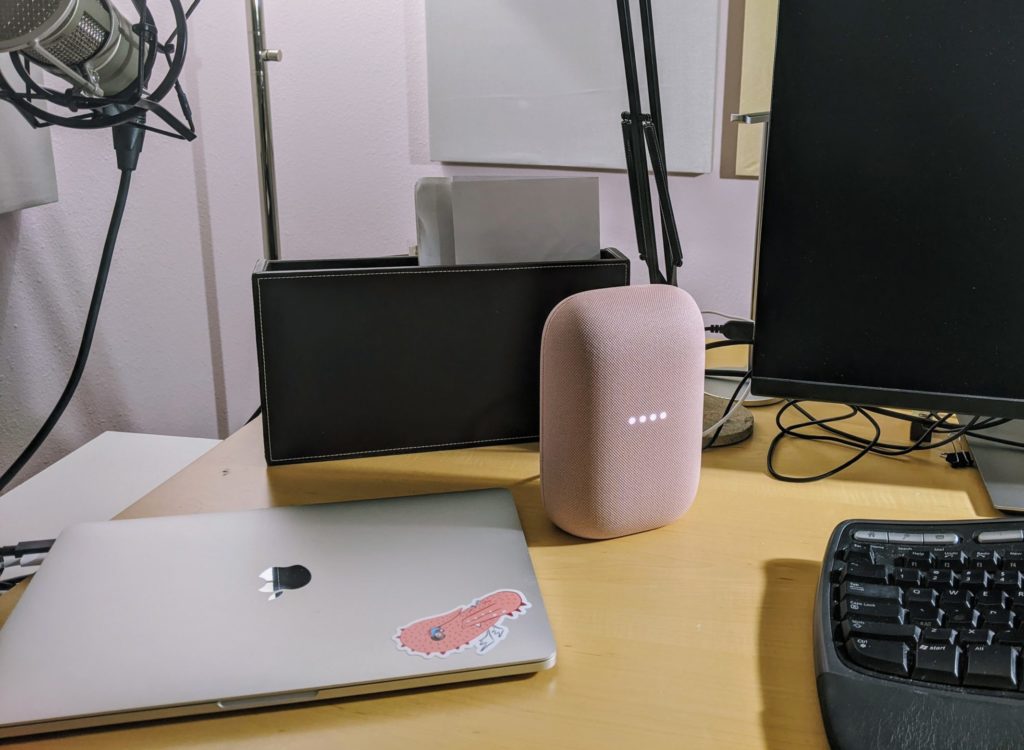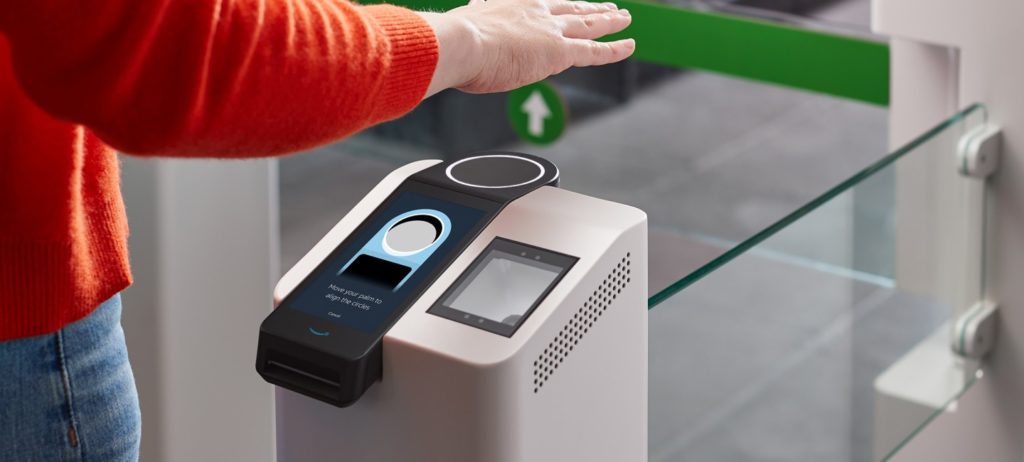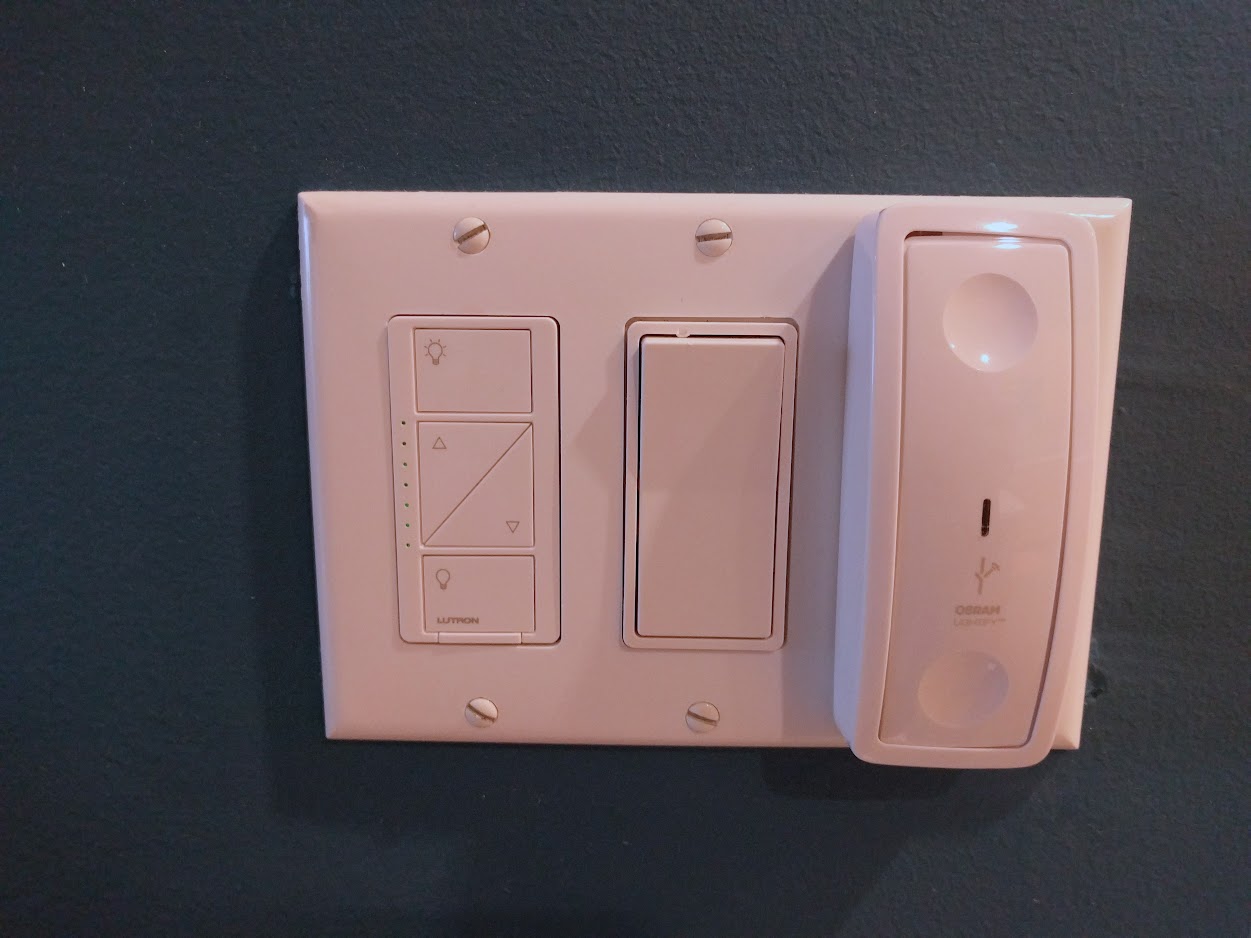First up on this week’s show are Forrester’s predictions for the year ahead in IoT, followed by me talking about my latest tech gadget, the Whoop Strap. Whoop recently raised $100 million in funding for its subscription-based band designed for hardcore athletes. From there we talked about the new Arduino Oplà IoT Kit, the real steps we’d like to see companies take with their green gadget efforts, and the FCC’s decision to allocate spectrum for both unlicensed use and cellular connected-car technology. In our news bits, we talk about Amazon, Mercedes, Google Nest, and Starlink. From there, Kevin reviews the latest version of the Wyze Camera that launched this week. We close by answering a listener question about smart light sockets.
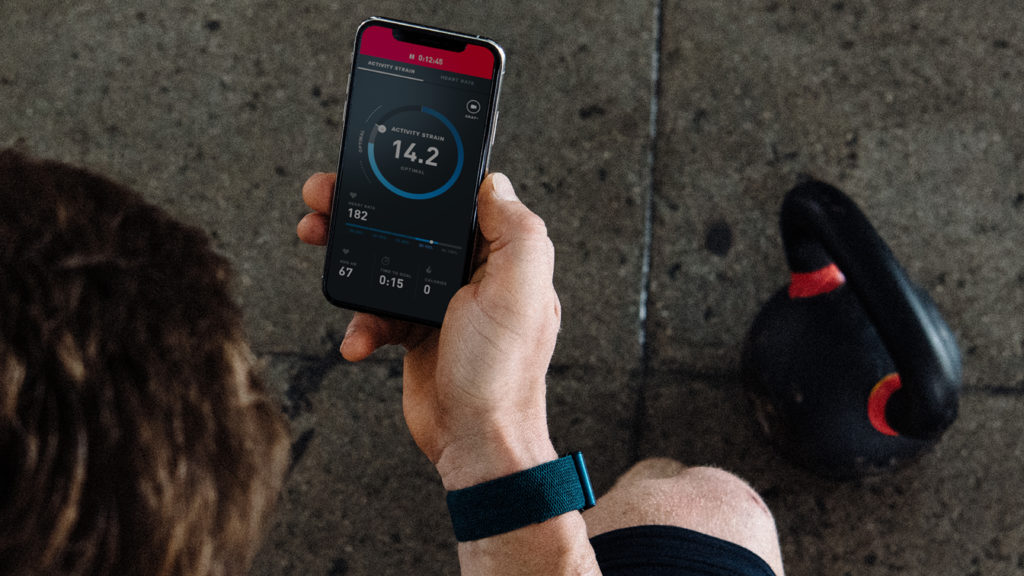
Our guest this week is Nate Clark, the CEO of Konnected. Three years ago he launched the company with a Kickstarter project: A replacement for motherboards inside old alarm systems, turning the existing panel and sensors into a smart security system. DIYers love the ability to control their existing sensors and Clark explains where the product is going and how he handled SmartThing’s transition from its Groovy IDE to the cloud. He ends with advice for anyone who wants to build a business in the smart home.
Hosts: Stacey Higginbotham and Kevin Tofel
Guest: Nate Clark, the CEO of Konnected
Sponsors: Silicon Labs and Very
- Forrester predicts COVID-19 making IoT pretty ubiquitous
- Whoop is a different kind of fitness tracker
- Wyze’s third-generation cam looks familiar
- SmartThings’ platform shift explained by a developer
- Advice for people building a niche connected product

